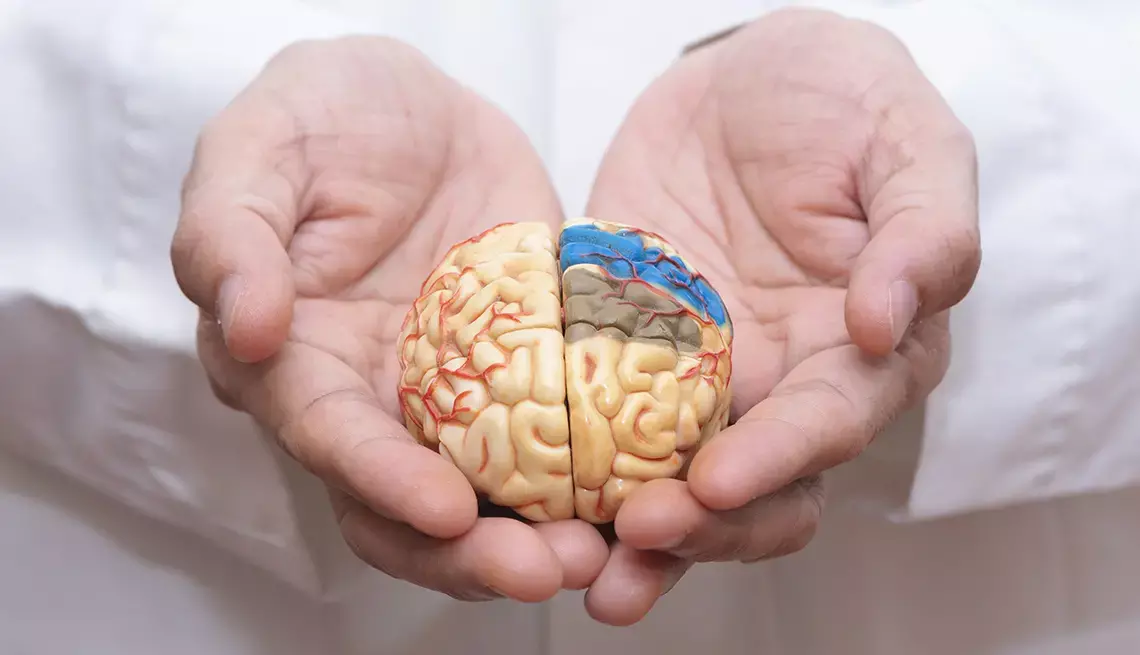- Home
- Medical news & Guidelines
- Anesthesiology
- Cardiology and CTVS
- Critical Care
- Dentistry
- Dermatology
- Diabetes and Endocrinology
- ENT
- Gastroenterology
- Medicine
- Nephrology
- Neurology
- Obstretics-Gynaecology
- Oncology
- Ophthalmology
- Orthopaedics
- Pediatrics-Neonatology
- Psychiatry
- Pulmonology
- Radiology
- Surgery
- Urology
- Laboratory Medicine
- Diet
- Nursing
- Paramedical
- Physiotherapy
- Health news
- Fact Check
- Bone Health Fact Check
- Brain Health Fact Check
- Cancer Related Fact Check
- Child Care Fact Check
- Dental and oral health fact check
- Diabetes and metabolic health fact check
- Diet and Nutrition Fact Check
- Eye and ENT Care Fact Check
- Fitness fact check
- Gut health fact check
- Heart health fact check
- Kidney health fact check
- Medical education fact check
- Men's health fact check
- Respiratory fact check
- Skin and hair care fact check
- Vaccine and Immunization fact check
- Women's health fact check
- AYUSH
- State News
- Andaman and Nicobar Islands
- Andhra Pradesh
- Arunachal Pradesh
- Assam
- Bihar
- Chandigarh
- Chattisgarh
- Dadra and Nagar Haveli
- Daman and Diu
- Delhi
- Goa
- Gujarat
- Haryana
- Himachal Pradesh
- Jammu & Kashmir
- Jharkhand
- Karnataka
- Kerala
- Ladakh
- Lakshadweep
- Madhya Pradesh
- Maharashtra
- Manipur
- Meghalaya
- Mizoram
- Nagaland
- Odisha
- Puducherry
- Punjab
- Rajasthan
- Sikkim
- Tamil Nadu
- Telangana
- Tripura
- Uttar Pradesh
- Uttrakhand
- West Bengal
- Medical Education
- Industry
Unique probiotic may prevent neurodegeneration and restore lipid balance in amyotrophic lateral sclerosis

By restoring lipid homeostasis and energy balance through mitochondrial-oxidation, dietary supplementation of unique probiotic containing L. rhamnosus HA-114 prevents neurodegeneration and disturbed lipid metabolism in amyotrophic lateral sclerosis.
The study has been published in Communications Biology.
It is thought that the human microbiome affects health. Neurological disorders including Alzheimer's disease, amyotrophic lateral sclerosis, and Huntington's disease may be associated with microbiome dysbiosis. In this work, Audrey Labarre and colleagues describe how a probiotic bacterial strain can stop the hallmarks of neurodegeneration. Additionally demonstrated to be neuroprotective in C. elegans models of Huntington's disease and amyotrophic lateral sclerosis is lacticaseibacillus rhamnosus HA-114.
The bacterium Lacticaseibacillus rhamnosus HA-114 is present in the probiotic. 13 distinct bacterial strains and three strain combinations were examined by the researchers. HA-114 stood out among the other models. Animal models for amyotrophic lateral sclerosis (ALS) or Huntington's illness experienced less motor abnormalities according to the probiotic's effect. The group discovered two genes involved in mitochondrial -oxidation and fatty acid metabolism that looked to be crucial in this neuroprotective process.
Further findings demonstrate that L. rhamnosus HA-114's neuroprotection is distinct from that of other L. rhamnosus strains and is due to the presence of fatty acids in the organism. The fatty acid metabolism and mitochondrial -oxidation-related genes acdh-1/ACADSB, kat-1/ACAT1, and elo-6/ELOVL3/6 are necessary for L. rhamnosus HA-114 to protect neurons.
In conclusion, according to research, fatty acids delivered by HA-114 enter the mitochondria by a distinct, unusual mechanism. Thus, they reduce neurodegeneration and restore equilibrium to the ALS-related altered energy metabolism. The results may motivate the investigation of interventions generated from L. rhamnosus HA-114 to slow the course of neurodegenerative illnesses and serve as a therapeutic supplement to existing ALS therapies. In a clinical trial involving 100 participants that will start in the spring of 2023, the research team intends to examine the therapy.
Reference:
Labarre, A., Guitard, E., Tossing, G., Forest, A., Bareke, E., Labrecque, M., Tétreault, M., Ruiz, M., & Alex Parker, J. (2022). Fatty acids derived from the probiotic Lacticaseibacillus rhamnosus HA-114 suppress age-dependent neurodegeneration. In Communications Biology (Vol. 5, Issue 1). Springer Science and Business Media LLC. https://doi.org/10.1038/s42003-022-04295-8
Neuroscience Masters graduate
Jacinthlyn Sylvia, a Neuroscience Master's graduate from Chennai has worked extensively in deciphering the neurobiology of cognition and motor control in aging. She also has spread-out exposure to Neurosurgery from her Bachelor’s. She is currently involved in active Neuro-Oncology research. She is an upcoming neuroscientist with a fiery passion for writing. Her news cover at Medical Dialogues feature recent discoveries and updates from the healthcare and biomedical research fields. She can be reached at editorial@medicaldialogues.in
Dr Kamal Kant Kohli-MBBS, DTCD- a chest specialist with more than 30 years of practice and a flair for writing clinical articles, Dr Kamal Kant Kohli joined Medical Dialogues as a Chief Editor of Medical News. Besides writing articles, as an editor, he proofreads and verifies all the medical content published on Medical Dialogues including those coming from journals, studies,medical conferences,guidelines etc. Email: drkohli@medicaldialogues.in. Contact no. 011-43720751


